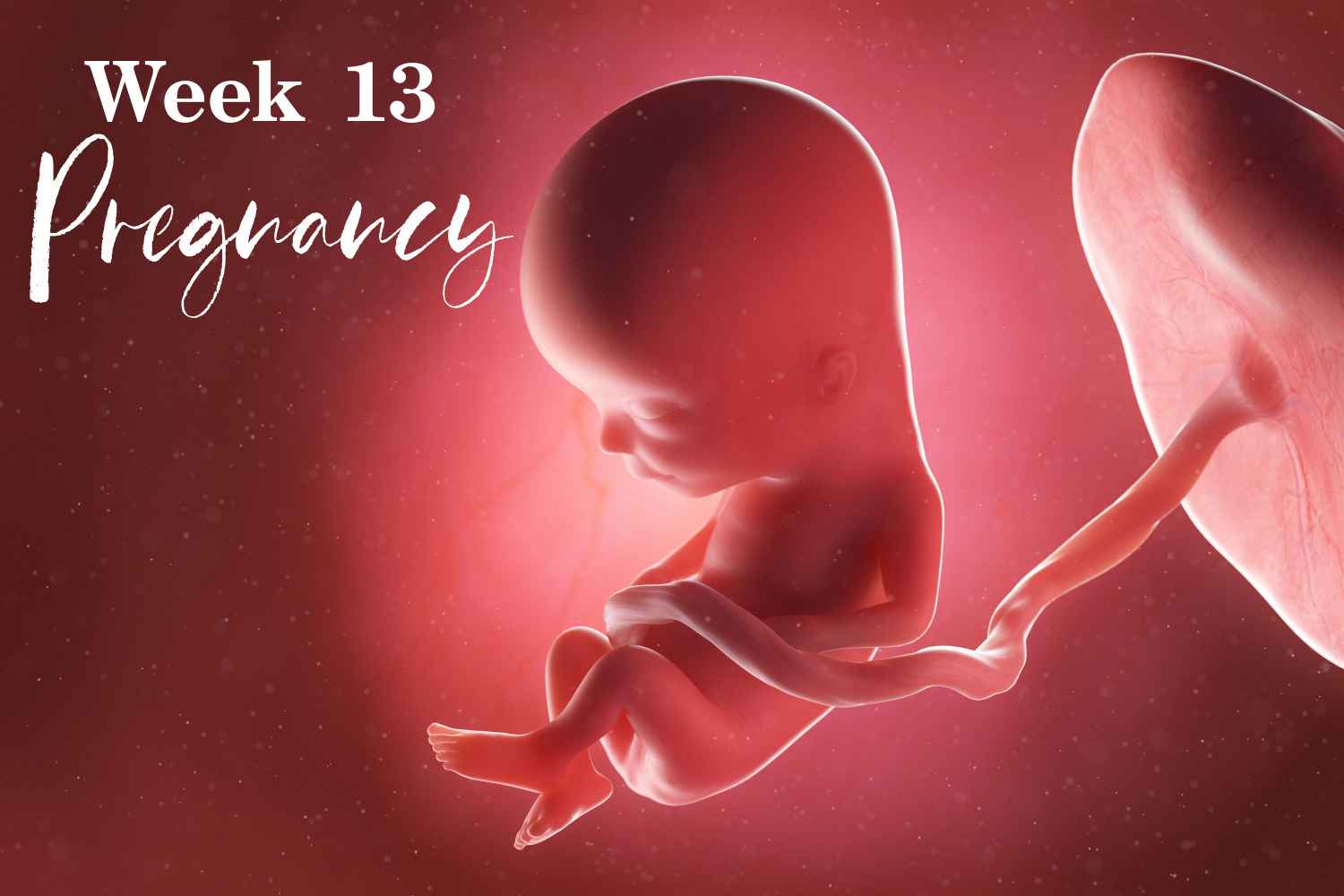
You have completed your first trimester. The second trimester officially begins. This period is usually called the honeymoon period. The symptoms that you faced in the first trimester began to ease out. Slowly, you may start to feel rejuvenated. Your pregnancy hormones are still high, and specific symptoms may continue to haunt you. Now let us take a look at how does your body change during week 13 of pregnancy.
The second trimester is a safe zone as the chances of miscarriages decrease. But you still need to be careful and not jump on, to begin with, your usual heavy work. Ask your doctor, eat healthily, and embrace the beauty of the second trimester.
How Does Your Body Changes During Week 13 of Pregnancy
By this week, your baby will be the size of a lemon, measuring about 5.4 cm in length and 23 g in weight. Kudos to you for making your pregnancy journey to the 13th week. You may notice that the morning sickness, nausea, and fatigue begin to fade away. Here are some symptoms you may face during week 13 of pregnancy.
1. Visible Veins
You may notice blue veins in several areas, including the chest, breast, and belly. The blood circulation in the body increases by 50 percent during pregnancy. The high blood flow enlarges the veins and makes them appear prominently in your body.
Some women also get varicose veins in their legs due to the expansion of the uterus. It is neither painful nor harmful. They go away once you deliver the baby.
What to do?
It is common to have visible veins during pregnancy. You may follow specific tips to ease visibility.
- Move often. Staying in an exact position for a long time may develop visible veins.
- When you are sitting, keep your legs lifted.
- You can wear a special maternity hose. These pants help compress the legs and squeeze the veins. It helps push back the blood to the heart.
- Avoid sleeping on your right.
- If you feel uncomfortable, contact your doctor.
2. Increased Vaginal Discharge (Leukorrhea)
Vaginal discharge is a prevalent symptom that occurs throughout pregnancy. The vaginal discharge protects your vagina and birth canal from infections and irritants. You may notice a clear to milky-white discharge, also known as leukorrhea. If you notice the discharge in any other color or is foul-smelling, consult your doctor immediately. It can be an indication of an infection. Ignored infections can potentially harm the fetus.
What to do?
Here are a few tips that you can follow to manage increased vaginal discharge:
- Pantyliners can help you recover from heavy vaginal discharge.
- Use clean cotton inners.
- Stay hydrated to avoid infections.
3. Reduced Fatigue
You may feel happy and refreshed with reduced fatigue. You may get back to normal in the 13th week of pregnancy. Your fatigue might go away slowly. However, some women would continue to experience severe fatigue even in their second trimester.
What to do?
If you still have severe fatigue, take power naps often to recharge your body. Drink plenty of water and keep yourself hydrated.
4. Recurring Symptoms
It is common to experience a few recurring symptoms, like:
- Heartburn
- Constipation
- Nausea
- Dizziness
- Food Cravings and Aversions
5. Other Red Alarm Symptoms
Contact your healthcare provider immediately if you witness bleeding in the 13th week. Though you are in a safe zone, bleeding is still a caution that needs to be attended to. Also, watch out for other symptoms, like:
- Increased abdominal pain
- Heavy cramping
- Fever and chills
Contact your doctor immediately when you have a slight doubt about bleeding or other bothersome symptoms.
Kudos to you! You have completed the first trimester. Your body is becoming stronger day by day. Trust your body and embrace what it tells you. The second trimester is the cooling period. It gives you the energy and health to face the next few weeks.
Happy Pregnancy!
Read Also: How Your Body Changes During Week 14 of Pregnancy

